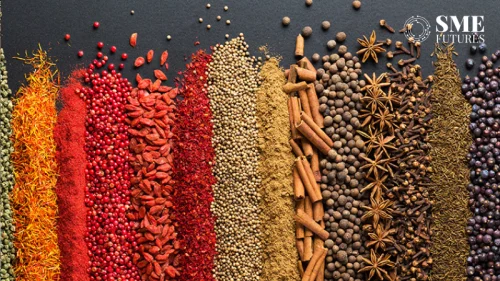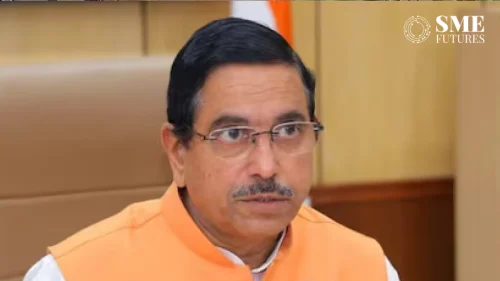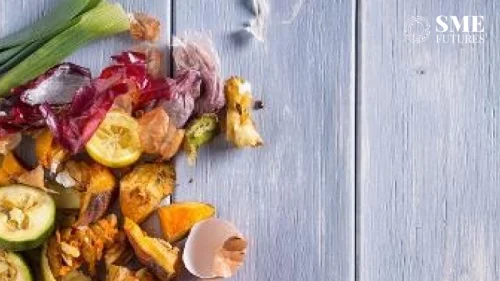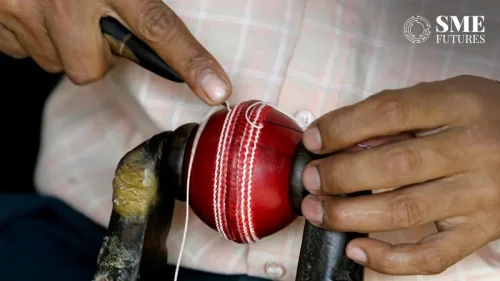The government will link additional 200 wholesale mandis to the online trading platform National Agriculture Market (eNAM) this fiscal and also encourage inter-mandi transactions, agriculture secretary S K Pattanayak has said. eNAM is a pan-India electronic trading portal which networks the existing marketing board mandis to create a unified national market for agricultural commodities.
At present, 585 regulated mandis in 14 states are linked with the electronic eNAM launched in April 2016. “There were initial hiccups but those have been overcome. The eNAM system is now more established. Farmers are very happy and more states have started showing interest,” Pattanayak said.
Though the target is to connect 200 more mandis to the eNAM platform this year, the priority would be given to improve the quality and encourage inter-mandi online trading, he said. “We will focus on quality. Once inter-mandi is in place, we can link more mandis,” he noted.
Online trading on the eNAM platform can be done through website, trading platform and mobile app available in several regional languages. So far, 73.50 lakh farmers, 53,163 commission agents and over one lakh traders are registered on the eNAM platform from 14 states.
The 14 states include Andhra Pradesh, Chhattisgarh, Gujarat, Haryana, Himachal Pradesh, Jharkhand, Madhya Pradesh, Maharashtra, Odisha, Rajasthan, Tamil Nadu, Telangana, Uttar Pradesh and Uttarakhand.
In the first phase, the government wants to ensure all wholesale agri-mandis adopt online auction and gradually will allow trading between mandis in a state and eventually between mandis outside states, thereby setting up a single national agriculture market for the benefit of farmers.









